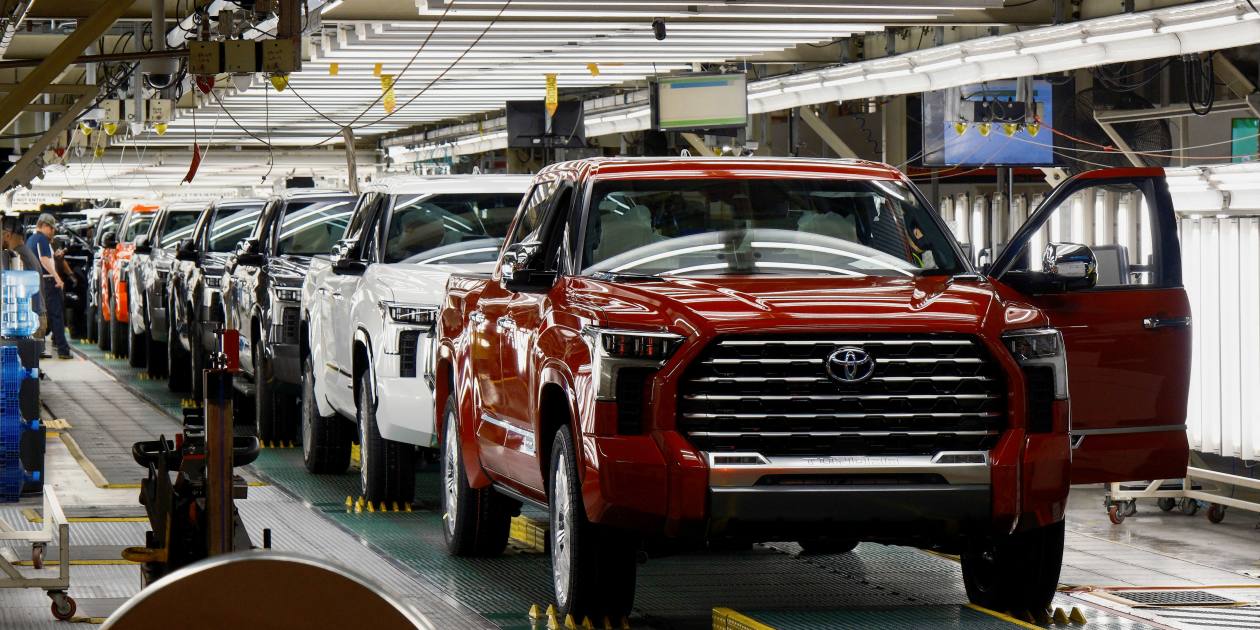Southeast Asia is a region in Southeast Asia.
Indonesia
Singapore\sMalaysia
Vietnam\sThailand
Philippines
Myanmar
India
Greater China is a term used to describe a
Asia’s rest
World
Internet Economy & E-Commerce
Technology
Infrastructure and Real Estate
Services in the Financial Sector
Infrastructure for Social Development
Indian e-commerce companies would write to the government to express their opposition to the proposed laws.
Pixabay is the source of this image.
Anirudh Laskar, 29 June 2021
According to three individuals familiar with the situation, Amazon.com and Walmart Inc.’s Flipkart business plan to fight the new proposed e-commerce laws, which they fear will harm Indian customers who are increasingly embracing online shopping and the industry’s growth.
After the ministry of consumer affairs announced a set of new guidelines last week—Consumer Protection (e-commerce) Rules, 2020—that are to be implemented after factoring in industry opinions, the two corporations plan to write to the government.
The government’s move is expected to tighten Amazon.com and Flipkart’s restrictions even further, following concerns from traders and small businesses that the two big e-commerce platforms are breaking local laws. The new laws aim to further restrict how e-commerce companies operate, such as prohibiting connected entities from selling on platforms and limiting flash sales.
The e-commerce behemoths are already prohibited from owning or managing businesses that sell on their platform, from engaging into exclusive agreements with businesses for online sales of products like cellphones, and from undercutting goods.
They also intend to fight a proposal that would prohibit foreign products from being sold online unless the company selling them is registered with the Department of Promotion of Industry and Internal Trade (DPIIT).
Amazon and Flipkart did not respond to emails sent to them.
According to the India Brand Equity Foundation, the Indian e-commerce market is predicted to rise more than fivefold to $200 billion by 2026, from $38.5 billion in 2017. This is due to fast growing smartphone penetration. Some of India’s leading e-commerce companies include Flipkart, Amazon, BigBasket, Zomato, Swiggy, Nykaa, and Paytm Mall.
“If enacted, the draft restrictions will shock the e-commerce ecosystem. It would not only harm customers, particularly those who shop online, but it will also dramatically unlevel the playing field between online and physical businesses,” one of the three people quoted above said.
The laws will apply to all e-commerce businesses that are not based in India, according to the draft plan. “Every e-commerce organization that wishes to do business in India must register with the DPIIT. According to the proposed guidelines, “no e-commerce company shall permit the use of the name or brand connected with that of the marketplace e-commerce entity for promotion or offer for sale of goods.”
This implies that Walmart, Flipkart’s controlling shareholder, can’t sell its own branded shirt in India without first registering with DPIIT. One of the three executives listed above, the legal head of an e-commerce firm, said, “It is impracticable to ask each and every company in every foreign country across the globe to seek an Indian registration first before being able to sell any product here.”
Under the proposed rules, delivery and pickup agents are included in the definition of an e-commerce firm.
“Other statutes apply to delivery agents. The delivery agent cannot be held liable for any issues relating to the sales agreement for any product between the client and the company. “It’s unjust,” the individual stated.
“This plan will simply dissuade people from working in delivery or pickup jobs, which will not only make online purchase cycles lengthier and spotty, but also affect employment statistics that e-commerce businesses in India have enabled,” said the second person, who also asked to remain anonymous.
According to Pradeep S. Mehta, secretary-general of CUTS International, a consumer and public policy research group, the plans will harm consumers.
“In India, the expanding e-commerce sector has made a huge contribution to consumer welfare. Consumers who are tech-savvy may now get food online instead of trekking to crowded bazaars, while others can have their requirements met by local retailers. The current policy approach favors micromanagement of e-commerce. It will have a negative impact on the ecosystem, which will be counterproductive to consumer interests,” Mehta added.
The government also wants to make sure that no e-commerce companies’ linked parties or affiliated businesses are listed as sellers on their platforms. The e-commerce company must also make certain that associated parties do nothing that the e-commerce company cannot do alone.
This plan deters e-commerce companies from forming joint ventures in India with the sole purpose of ensuring speedier product delivery to customers. In India, Amazon.com has formed joint ventures such as Cloudtail and Appario to handle the online sales of hundreds of products and assure speedier delivery. These two joint ventures account for a fifth of Amazon’s online sales in India.
The original version of this article appeared on livemint.com.
Flipkart.com Amazon.com
Every day, you’ll receive articles like these in your email.
Sign up for The Daily Brief, our daily newsletter.
Register for the Newsletter
Related Articles
India: Sebi’s latest plan could lead to a rush of “taking private” deals. M&As
After an acquisition triggers an open offer, the document lays out an easier path to delisting.
Regulations & Policy
According to an Indian minister, “arrogant” US e-commerce behemoths break the law.
He claims that US companies take advantage of their size and access to enormous pools of cash to engage in predatory pricing.
To continue reading our free content, create an account.
If you don’t want to get The Daily Brief in your inbox every day, unsubscribe.
REGISTER
Do you already have a login? Here is where you may log in.
Continue reading





